The expert is in favor of free and unrestricted access to play, where spontaneity plays a central role.
Rules, objectives, methodologies, guidelines. The game has become overly formalized over the past decades and has lost its spontaneity and freedom. This is what Jaume Bantulà , professor of Physical Activity and Sport Sciences at Ramón Llull University, says, who advocates a return to the game without haste and away from the school agenda. He often works dwith entities that fight to recognize play time as a fundamental right for the development of boys and girls.
For Bantulà, this twist has physical and psychological consequences for children and adults. "Without playing, personal development is not complete ," he says. We talk to this doctor in Philosophy and Educational Sciences to find out what possibilities we have to "break the path" and allow the leisure time a space in personal enjoyment and pleasure.
What role does play play in educational leisure?
Educational leisure in recent years has tended to be formalized, filling itself with a series of objectives and content that causes the spirit that was there before, where play was much more present, to be lost and blurred.
It is confused with extracurricular activities, we find a leisure that has become very sportive and that happens to be a continuation of the school agenda. In his free time, the child is a victim of the continuity of regulated activities, often chosen by the parents.
Can you go back to spontaneous play?
It should get out of the way. Put the child's right to play back as something inexcusable. The right to play, by the way, is one of the most forgotten rights. Any childhood policy must have play as its backbone. A change that also happens so that leisure and the family accommodate spontaneous, unregulated play, that play in which the child can experiment, learn and make mistakes.
We are driven by the culture of 'time is gold', by fears and risks. Families with an only child with many activities and toys, but basically without all the possibilities as they would have choosing the time and playmates.
Where do we start?
The game must enter the school: make the playgrounds unsportsmanlike, get dirty with the sand, play in the rain... We need spaces for spontaneous play, not regulated or led by the adult, who must be a facilitator and guide Directed play already has a formative and educational intent, a directness that blurs the nature of play. Playing has no purpose other than the pleasure and amusement of those who practice it. The spontaneity of playing with whom you want, what you want and when you want has receded in our society.
What are the consequences of this setback?
We can relate the situation in which the child or young person is deprived of all these types of activities with the mental health of the child itself, addictions or gambling disorders. The culture of the video game is present, but at the same time we must preserve a series of issues so that children and young people can have another type of activities that are more motor, participative, manipulative and less sedentary.
We are facing the increase in childhood obesity and psychological and psychiatric problems that have to do with the role of the game. It also has consequences for adults who have not developed 'homo ludens', many studies show that without play there is no complete development.
How can play be promoted in the city, in the urban space?
There are experiences in the UK where there is a national game plan. There are interesting experiences in Scotland, Wales, Germany or the Netherlands where participation and play are encouraged. It is very difficult to transform overnight, we are in a transition where we need to favor spaces and play time, and this happens through a quieter city to be in, not a place of traffic.
In Barcelona, spaces are being made available to facilitate the game, they are positive experiences, but they must be maintained and enhanced. At the beginning it will be necessary to put more effort, little by little you can recover these scenarios. We think that children do not need many things to play: you need to recover spaces, reduce pressure, and enjoy more time, for example when leaving school when many boys and girls leave in a hurry to do activities.
Can it fit better on a small scale, at neighborhood or street level?
We have to go to the small staircase. Closed, private play areas have been favoured, while in many public spaces we still find signs saying "ball playing prohibited". The gangs of children and young people used to go out in the fields, in the public space where the game takes place. There is also a demographic change, which is that families used to be larger and it was easy for 10 or 15 children to meet in their street, or in their goal, and the game would spontaneously break out.
It is a matter that also affects the rhythm of life of adults. If they arrive home at 8 or 9 at night after a long day of work, the child is relegated to the background, to watch television.
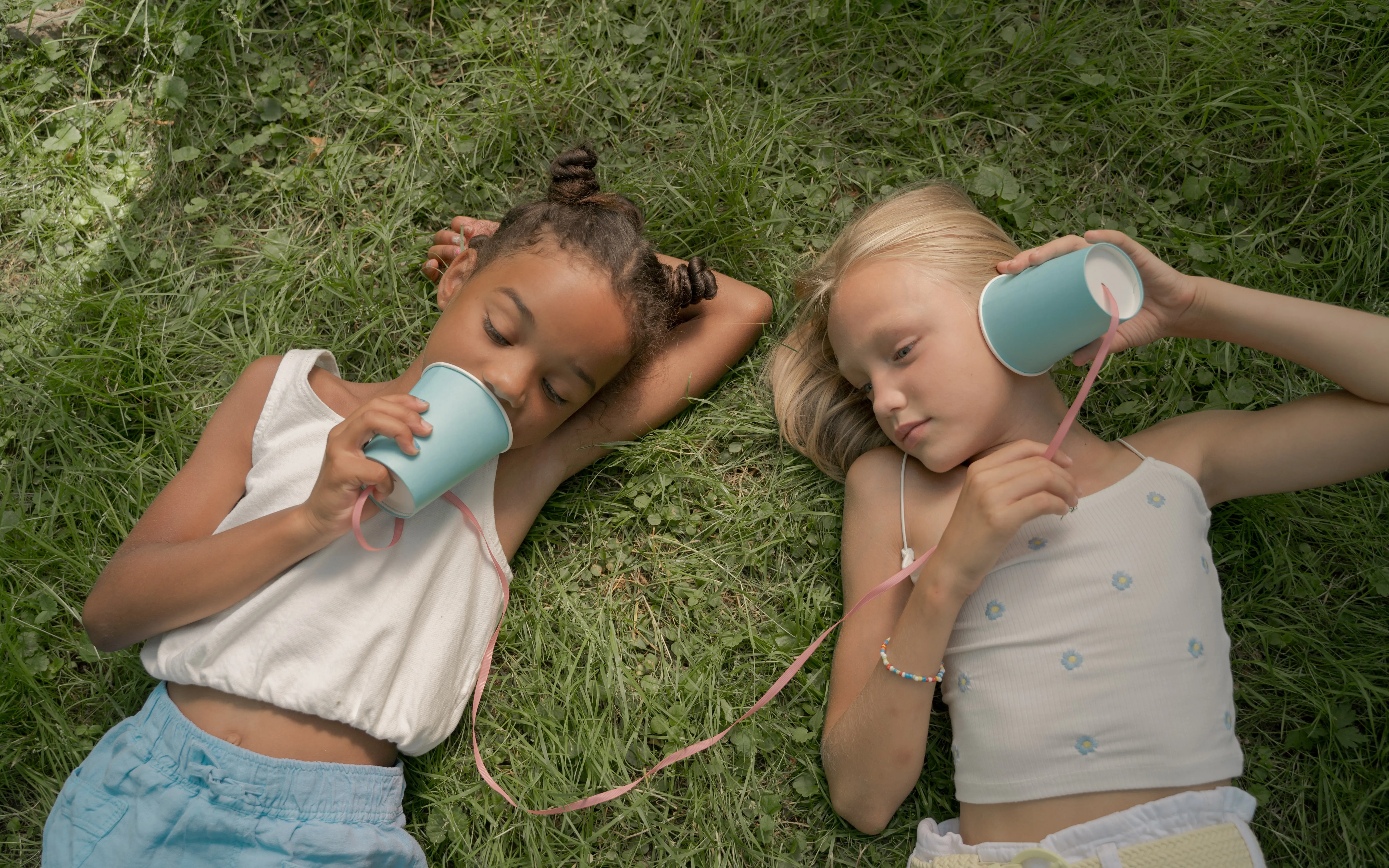
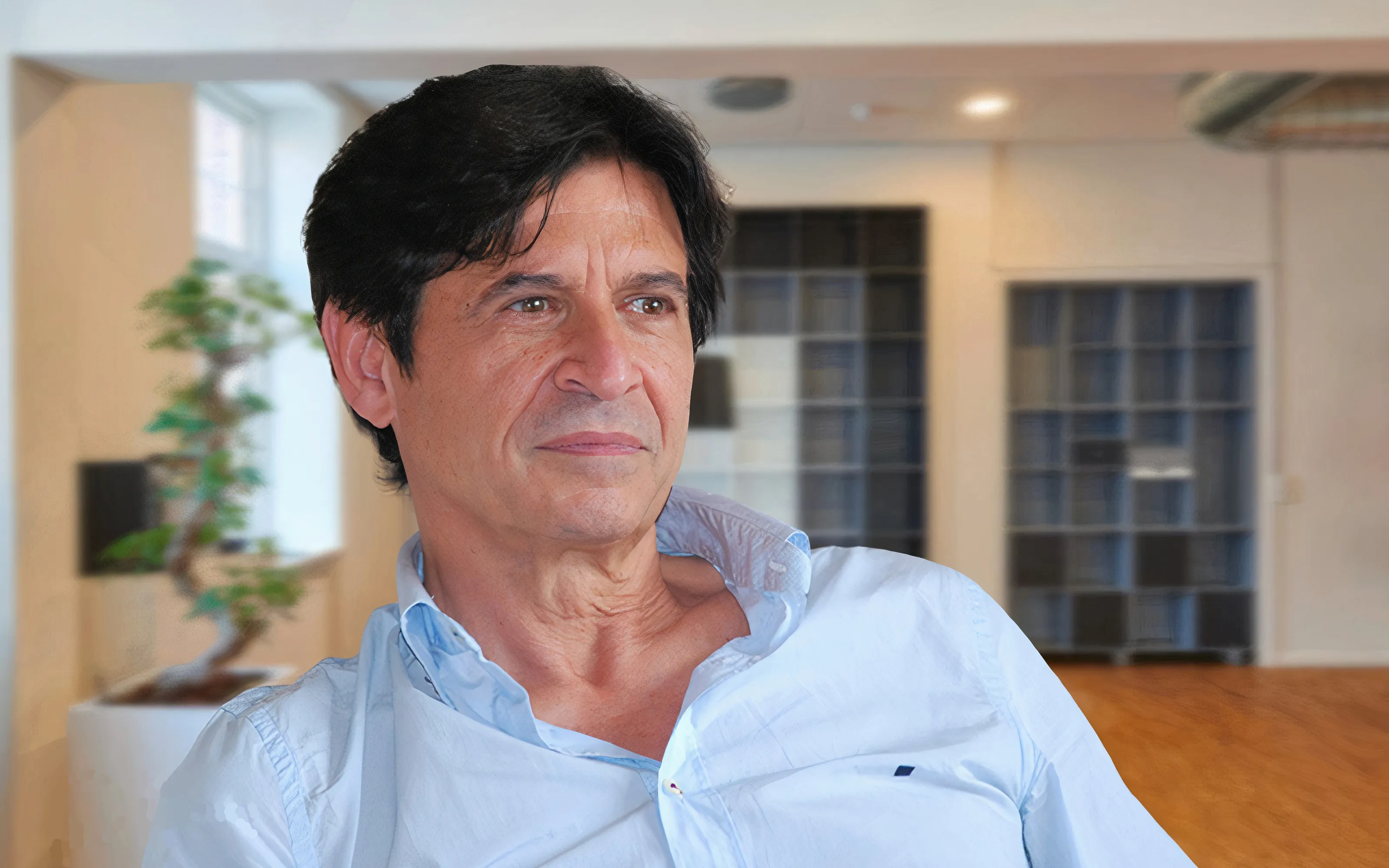


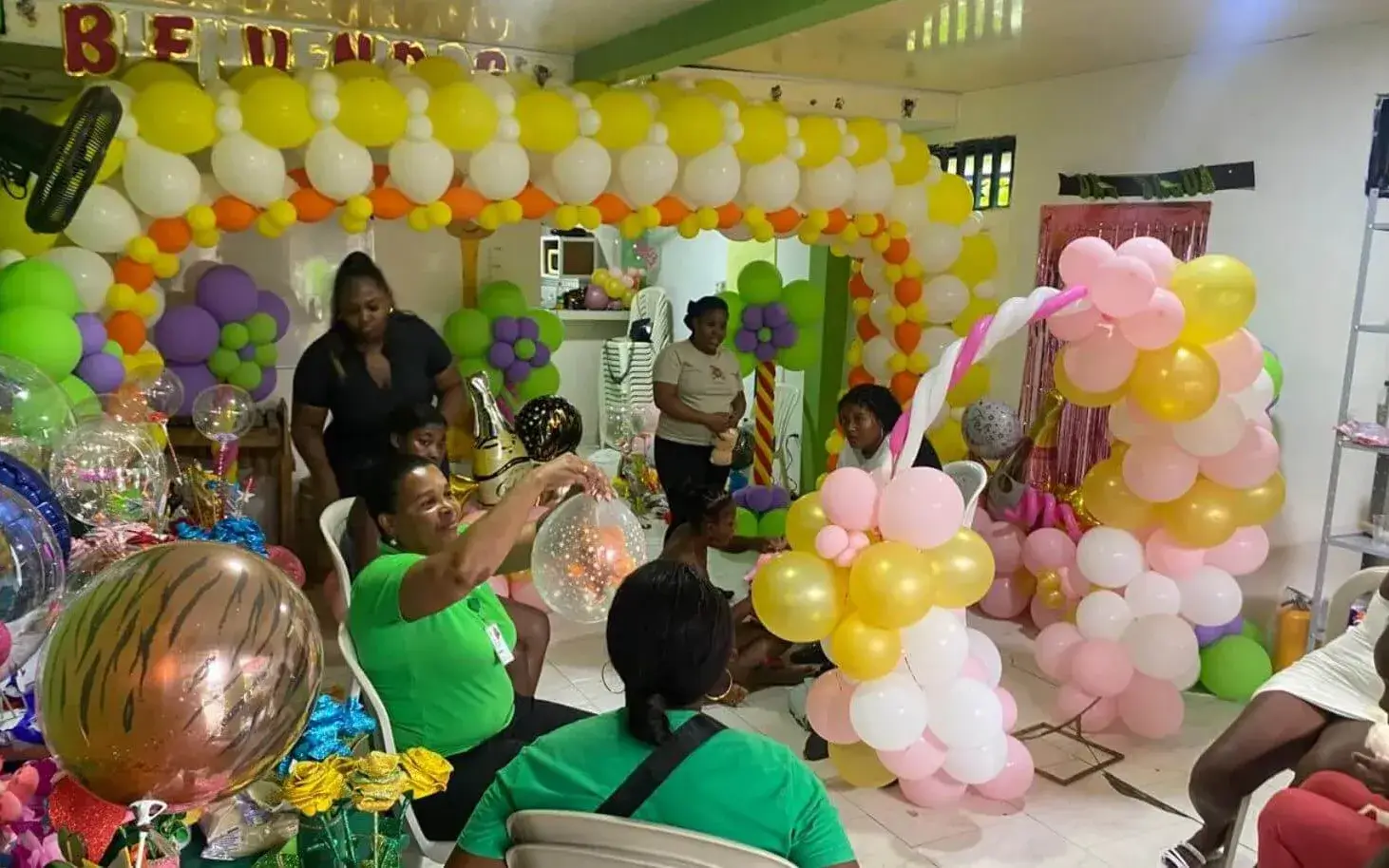
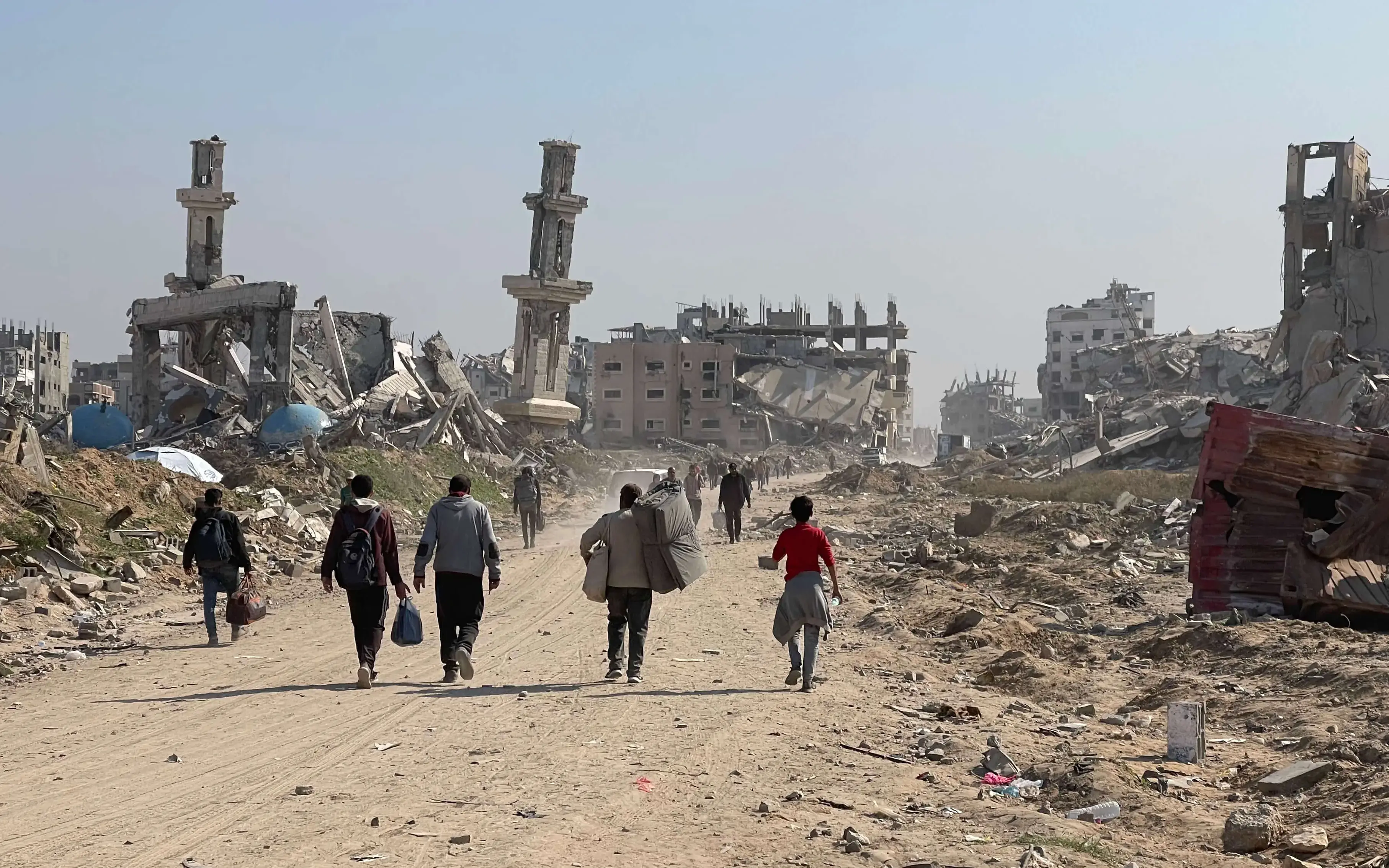
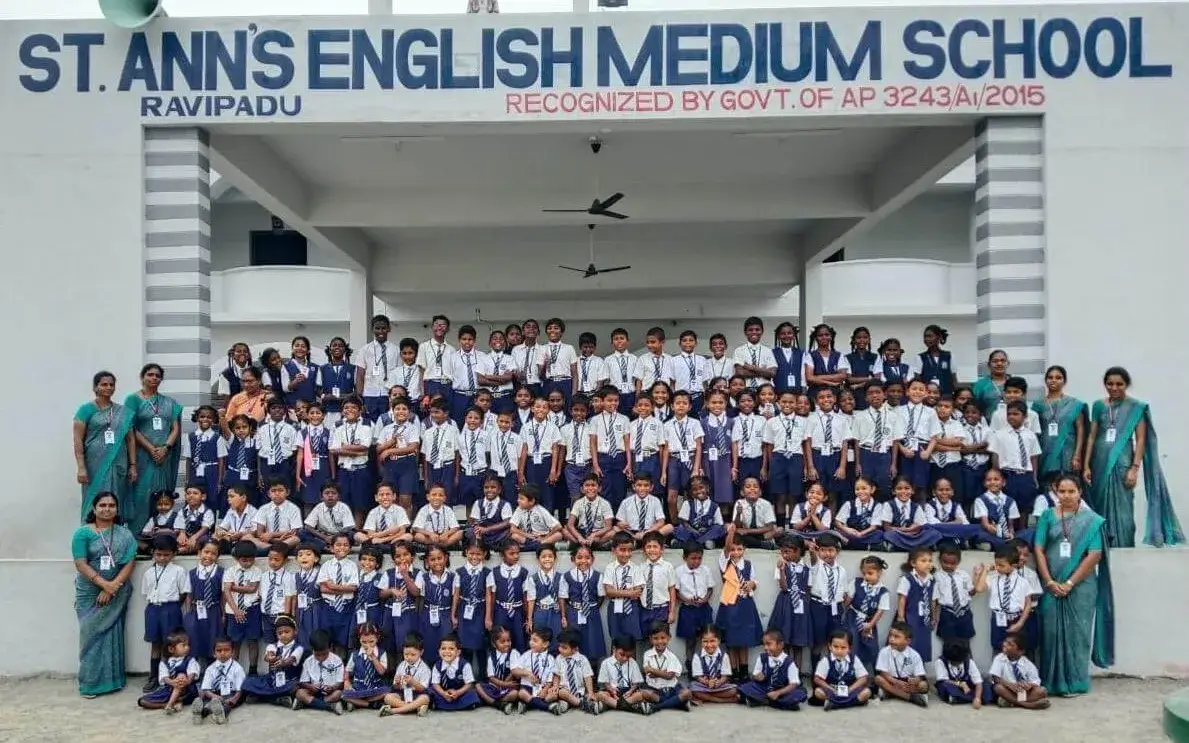
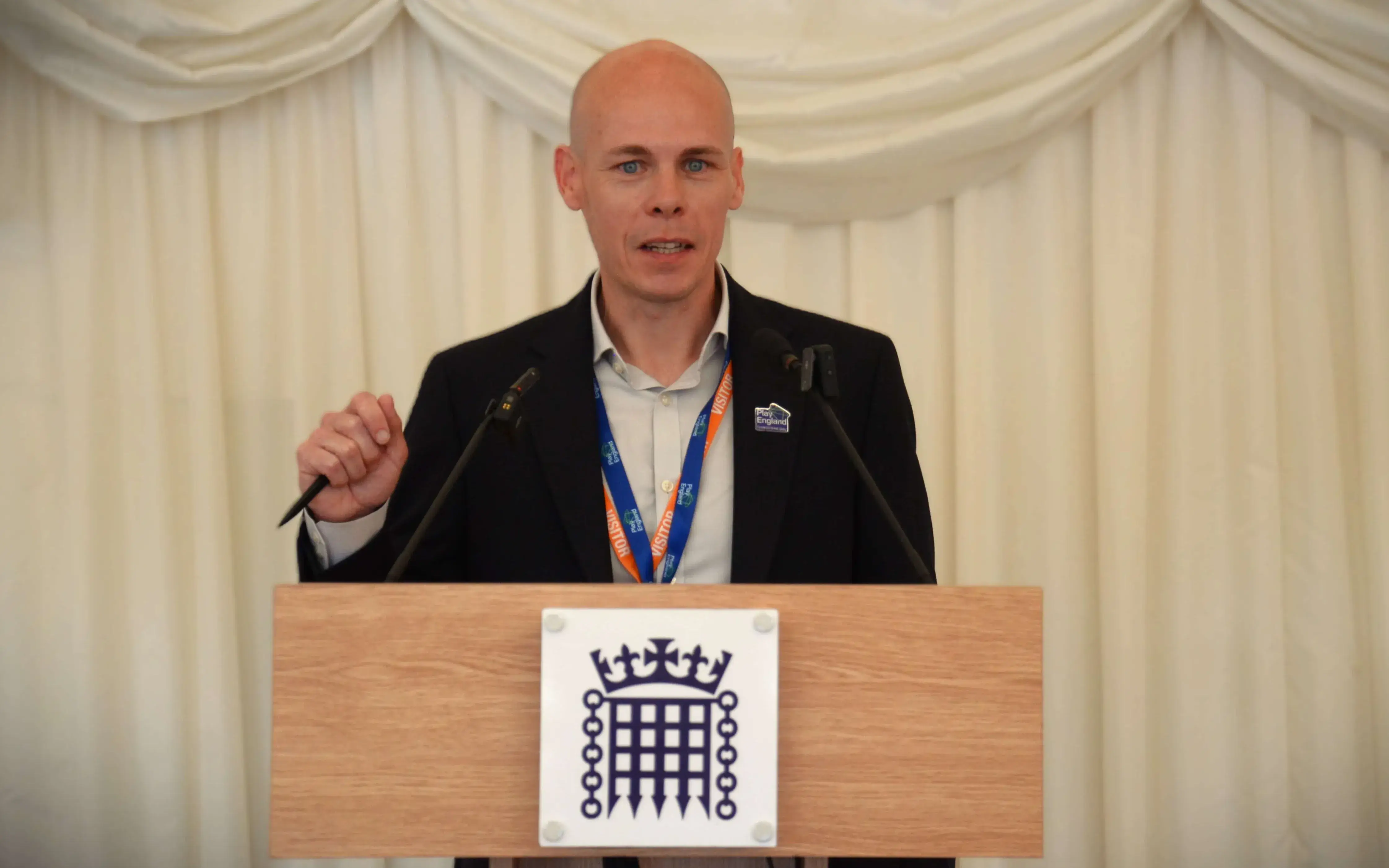
Add new comment